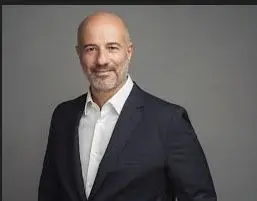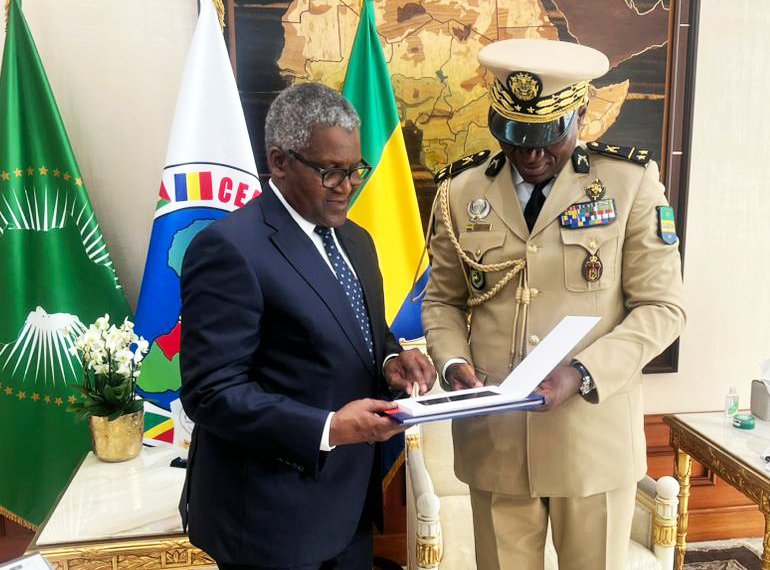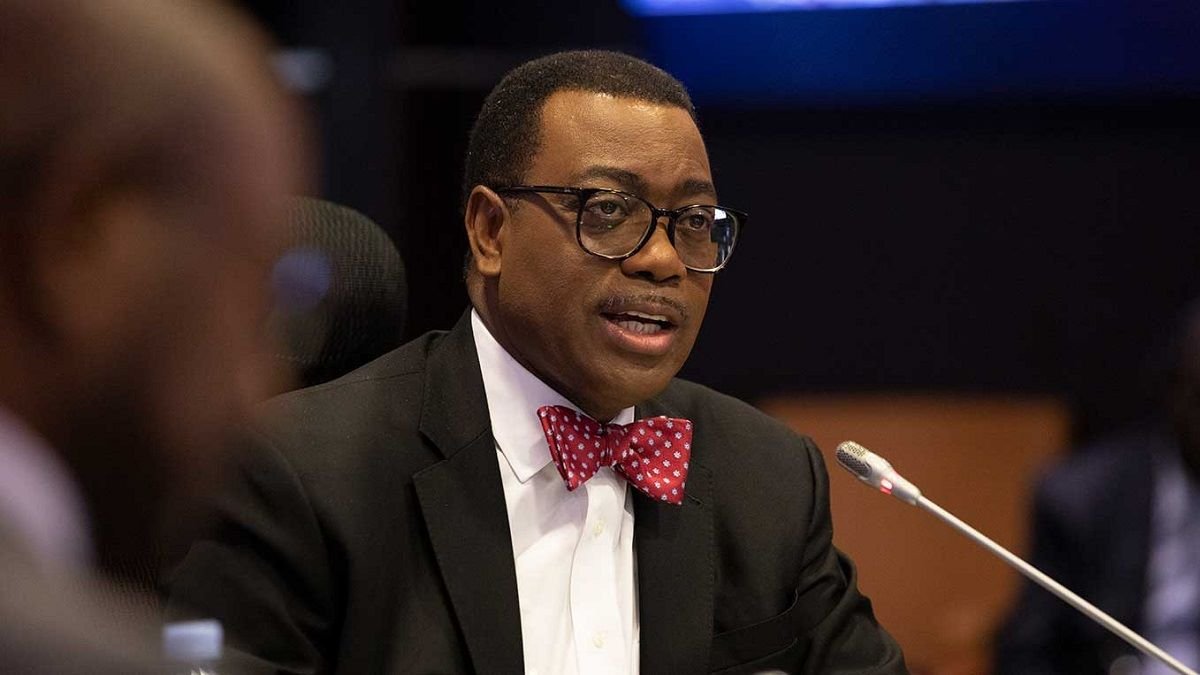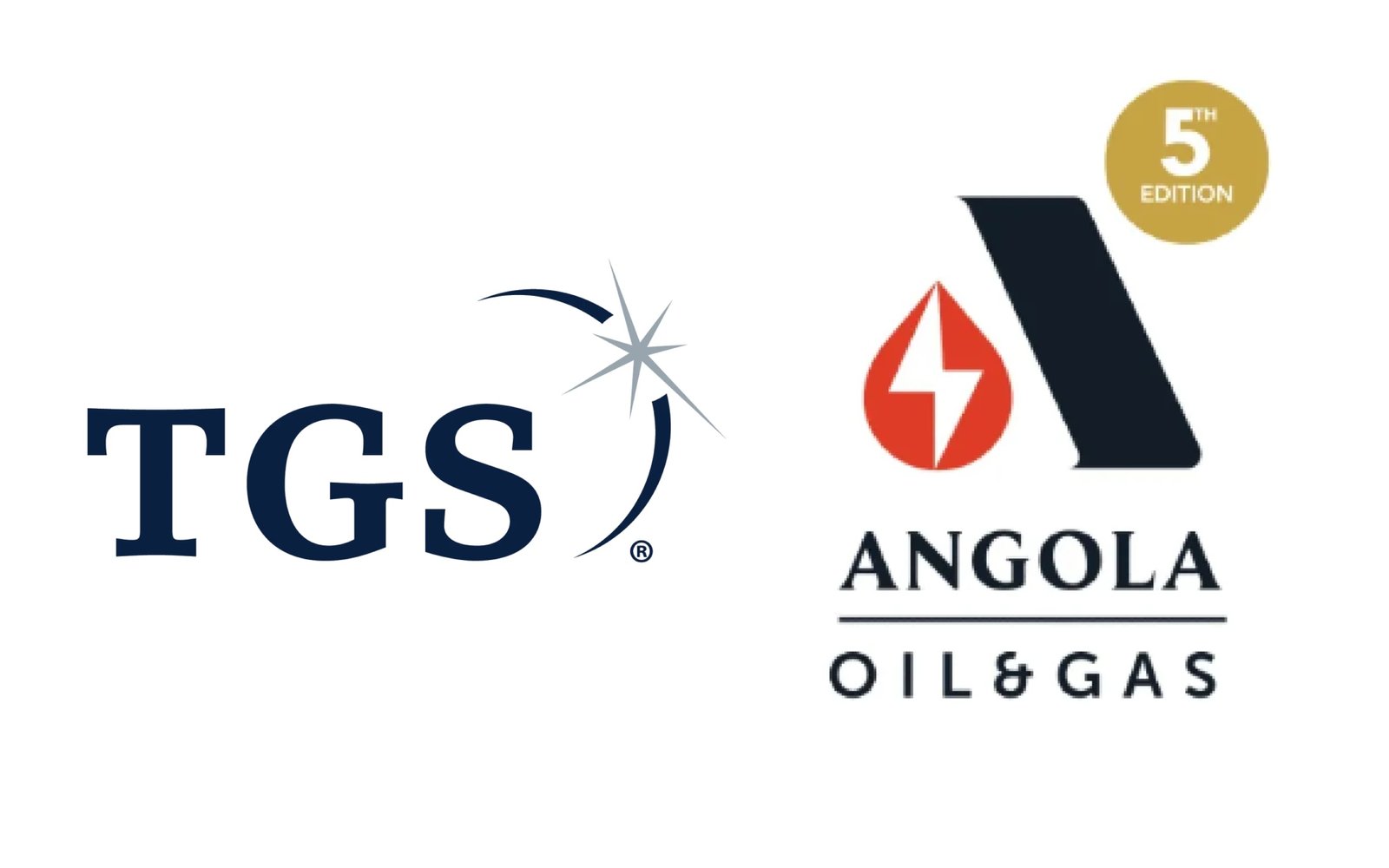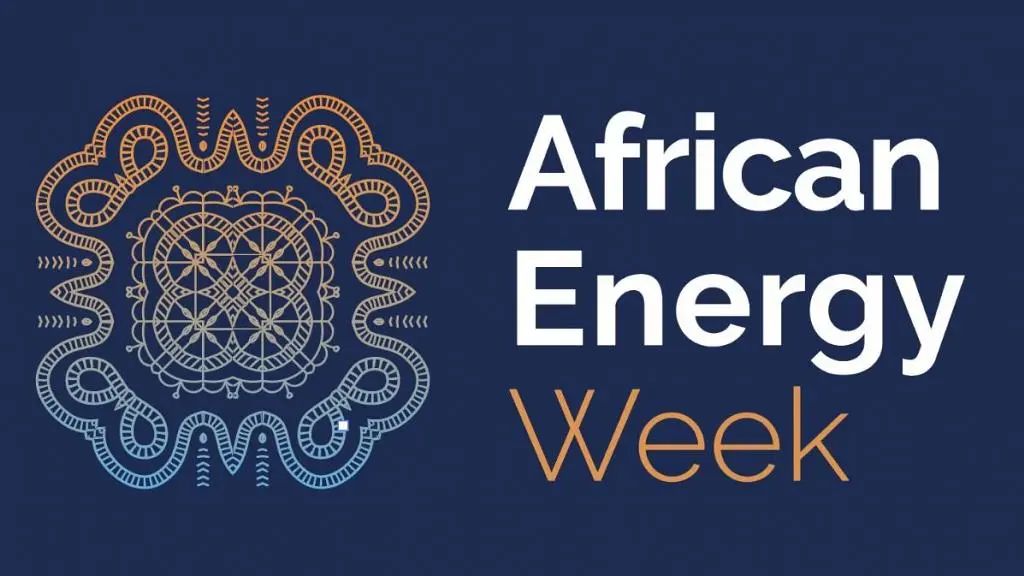DPR: Petrol price to rise on fuel subsidy without alternative energy — DPR
The Department of Petroleum Resources (DPR) has warned that the pump price of petrol in the country may rise up to as much as N1000 per litre when the petrol subsidy regime comes to an end without an alternative energy source.
The DPR stated this just as some oil and gas experts have advocated for a measure from the government that will ensure that Nigeria gets commensurate value from its abundant oil and gas resources like its fellow oil-producing nations.
The Director of DPR, Mr Sarki Auwalu, said this while responding to questions and comments generated by a paper he delivered in Lagos, recently, at the Second Quarter, 2021 Business Dinner of Petroleum Club Lagos.
The topic of the paper was, “A Discussion on the Future of the Nigerian Petroleum Industry.”
The questions and comments came from a former Group Managing Director of the Nigerian National Petroleum Corporation (NNPC), Mr Funsho Kupolokun; political economist and Founder of Centre for Values in Leadership, Prof. Pat Utomi; Production Geologist at Shell Nigeria, Mr Adedoyin Orekoya; and Chairman of AA Holdings, Mr Austin Avuru; amongst others.
Responding to the subsidy concerns and the disparity in the petrol consumption figures given by NNPC and the DPR, as raised by Orekoya, Auwalu, acknowledged that Nigeria was spending so much on petrol subsidy.
He said eliminating it would require making alternative fuel available to Nigerians and that failure to do that will plunge Nigerians into paying higher petrol prices when the subsidy is removed.
He stated that Nigerians may be paying as high as N1, 000 to buy one litre of petrol in the country when subsidy on petrol is removed and when the alternative energy or autogas gas policy becomes fully operational.
He, however, said the alternative fuel regime comes with initial cost as it will lead to spending $400 to convert one vehicle from running on petrol or diesel to running on either Liquefied Natural Gas (LNG) or Compressed Natural Gas (CNG).
Auwalu maintained that converting eight million public vehicles currently present in Nigeria to gas-powered will cumulatively cost $3.2 billion to achieve.
He said: “So, to eliminate subsidy, they don’t call it subsidy anymore now, it’s under-recovery of purchase. So, to eliminate under-recovery, what you need is alternative fuel. Without an alternative, you will subject people to higher prices and that is why we go for price freedom.
“As at today, there are 22 million cars in Nigeria. Eight million are for public use. Imagine if you want to convert every car into gas, the average cost of conversion is $400. Converting eight million cars requires $3.2 billion. To do that, there are a lot of environmental investors which can invest and recover from the sale of gas and we are encouraging that.
“Once that is achieved, you will see that PMS can be sold at N1000. After all, the average distance covered by one-gallon equivalent when you compare it with LNG or CNG with respect to energy for mobility is 2.7 against one. One for PMS, 2.7 for LNG or CNG.
” So, with that advantage, you will see that it creates an opportunity for this industry again. The issue of subsidy, the volume will all vanish and that is what we are working towards.”
He, however, warned that the rise in Nigeria’s local refining capacity as seen in the coming on stream of a number of refineries in the country without a corresponding increase in the country’s oil production volume may threaten the country’s membership of the Organisation of Petroleum Exporting Countries (OPEC).
The director lamented that out of Nigeria’s over 7100 reservoirs and its mature basins, the country was recovering just as low as about 1000, a situation he said, needed the collaboration of all industry players to find a solution to before Nigeria gets evicted from OPEC due to low contribution.
“How do we now get the national production capacity so that we export more, we consume more? Today, we have huge additional capacity in domestic refining. If we don’t increase the production, we have to get out of OPEC, because you can’t be a net consumer to stay in exporting countries.
“So, the challenge is for all of us. As the refining capacity is increasing, we have to now get production capacity to increase so that we remain the net exporter. We believe this will guarantee and fortify the future,” he said.
Responding to Kupolokun’s question on the need to address the low contribution of the oil and gas sector to the country’s Gross Domestic Product (GDP), which is less than 10 per cent, Auwalu attributed the abysmal contribution to lack of deep investment into the value chain of the sector as well as the export mentality of the players.
According to him, only few players, mostly indigenous companies, have the mentality of ensuring that more output, especially with respect to gas, was given to the domestic market to power the country’s economic growth.
He said there was a need to focus on the domestic market in order to grow the sector’s contribution to GDP.
He explained what the department and the federal government were doing to address the two-pronged challenge of energy transition and the transition from the international oil companies (IOCs) operating in Nigeria, who are divesting out of the country, leaving the indigenous oil companies to take over from them.



